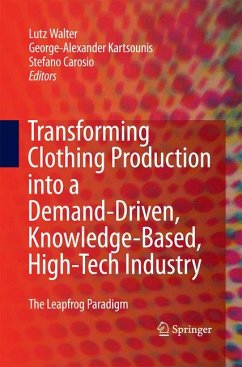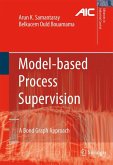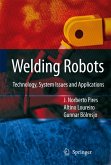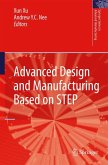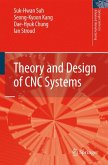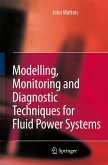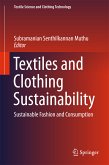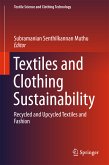Recent trends in the fashion market (including an impressive increase in the number of new collections, product assortments and variants, and the emerging mass-customization model) dictate the need for a new approach. Transforming Clothing Production into a Demand-Driven, Knowledge-Based, High-Tech Industry discusses the ramifications of such an approach, which must lead to a drastic shortening of the whole cycle from conception to production and retail, as well as a shift from a labor-intensive to a technology- and knowledge-intensive clothing manufacturing industry.
Transforming Clothing Production into a Demand-Driven, Knowledge-Based, High-Tech Industry is a collection of short papers from prominent researchers involved with the LEAPFROG (Leadership for European Apparel Production From Research along Original Guidelines) initiative. LEAPFROG proposes a revolutionary industrial paradigm based on research results in scientific-technological fields ranging from:
. material (fabric) science and preparation techniques for significant reductions in the number and complexity of garment joining processes;
. intelligent robotics and fabrics joining techniques offering as yet unforeseen dexterity in automated sewing operations;
. 3D computer aided design and virtual prototyping techniques for drastic reduction of the new product development cycle; and
. organization, management, and planning research for knowledge networking textile and garment organizations.
This book outlines key developments in all of the above areas, covering both technological and business aspects. It is an excellent reference for decision makers, managers, scientists and practitioners in the textile and clothing sectors, as well as academics and postgraduate students across a range of disciplines.
Transforming Clothing Production into a Demand-Driven, Knowledge-Based, High-Tech Industry is a collection of short papers from prominent researchers involved with the LEAPFROG (Leadership for European Apparel Production From Research along Original Guidelines) initiative. LEAPFROG proposes a revolutionary industrial paradigm based on research results in scientific-technological fields ranging from:
. material (fabric) science and preparation techniques for significant reductions in the number and complexity of garment joining processes;
. intelligent robotics and fabrics joining techniques offering as yet unforeseen dexterity in automated sewing operations;
. 3D computer aided design and virtual prototyping techniques for drastic reduction of the new product development cycle; and
. organization, management, and planning research for knowledge networking textile and garment organizations.
This book outlines key developments in all of the above areas, covering both technological and business aspects. It is an excellent reference for decision makers, managers, scientists and practitioners in the textile and clothing sectors, as well as academics and postgraduate students across a range of disciplines.
Dieser Download kann aus rechtlichen Gründen nur mit Rechnungsadresse in A, B, BG, CY, CZ, D, DK, EW, E, FIN, F, GR, HR, H, IRL, I, LT, L, LR, M, NL, PL, P, R, S, SLO, SK ausgeliefert werden.

